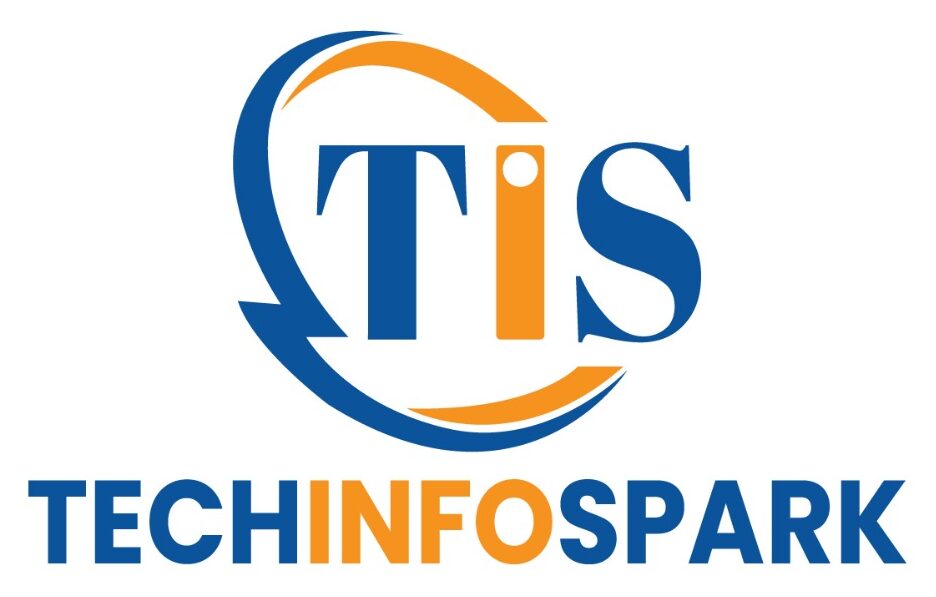Artificial Intelligence (AI) is no longer a distant dream or a science fiction fantasy it is an active, evolving force that is already reshaping the way we live, work, and interact and that is why AI is the foundation for the future. From smart assistants in our phones to predictive algorithms guiding global industries, AI has become deeply embedded in modern society. But what does the future of AI look like? As we stand at the cusp of a technological revolution, this blog delves into the potential developments, challenges, and ethical considerations that will shape AI in the years to come.
Before exploring what lies ahead, it’s important to understand where we are now. AI today excels in narrow applications known as narrow AI where it can outperform humans in specific tasks like playing chess, analyzing medical images, or recommending content online. These systems are powered by vast datasets and sophisticated algorithms, enabling them to recognize patterns, make decisions, and improve through machine learning.
AI has come a long way since its conceptual birth in the mid-20th century. Early forms of AI were largely symbolic and rule based, often struggling to cope with the ambiguity and complexity of real-world environments. Today, AI systems especially those powered by machine learning and deep learning can process massive amounts of data, recognize patterns, make predictions, and even engage in creative tasks such as composing music, writing articles, and generating art.
Key Trends Shaping the Future of AI
AI and Human Collaboration
In the near future, we are likely to see deeper collaboration between humans and AI. Rather than replacing humans, AI can augment human abilities. For instance, doctors may use AI tools to enhance diagnostics, while writers and designers may collaborate with AI to spark creativity. This symbiosis could lead to entirely new job categories and workflows.
Ethical AI and Regulation
As AI becomes more integrated into society, the conversation around ethics and governance is becoming increasingly critical. Issues like bias in algorithms, surveillance, job displacement, and AI generated misinformation require robust legal frameworks and transparent practices. The future will likely involve global collaboration to set standards that prioritize fairness, safety, and accountability.
AI Integration Across Industries
AI will continue to integrate more deeply into diverse sectors, including healthcare, finance, education, agriculture, and transportation. In healthcare, AI could revolutionize diagnostics, drug discovery, and personalized medicine. In agriculture, AI powered drones and sensors can optimize crop yields and reduce environmental impact. As automation expands, businesses will increasingly rely on AI to enhance efficiency and reduce costs.
AI and the Workforce
The impact of AI on jobs is one of the most hotly debated topics. While AI is likely to automate repetitive and manual tasks, it will also create new roles and opportunities. The future workforce will need to adapt by developing skills in AI literacy, critical thinking, and emotional intelligence. Education systems may need to be reimagined to prepare people for a world where humans and machines coexist in the workplace.
Opportunities Ahead
AI offers transformative potential across a multitude of sectors:
Education
Intelligent tutoring systems, personalized learning experiences, and automated grading can reshape education. AI can help educators identify students’ strengths and weaknesses in real time, enabling more effective teaching.
Finance and Business
AI is streamlining operations through predictive analytics, fraud detection, and customer behavior modeling. It also enables better decision-making by turning vast data sets into actionable insights.
Healthcare
From early disease detection to personalized medicine, AI can analyze complex medical data and recommend treatment plans tailored to individuals. In rural or underserved areas, AI could bridge gaps in healthcare delivery.
Conclusion
The future of AI is filled with immense promise and significant challenges. As we advance toward more powerful and autonomous systems, the choices we make today will shape the world of tomorrow. AI should not be viewed as a threat but as a tool that, when developed and governed responsibly, can enhance our lives in profound ways.
At its core, the promise of AI is to enhance human capability, not diminish it. The most successful AI applications will be those that are designed with empathy, inclusivity, and a deep understanding of human values. A future where AI supports human potential rather than replacing or overshadowing it is one worth striving for.
From one and only by Team Techinfospark
For more tech blogs visit our website :- https://techinfospark.com/



